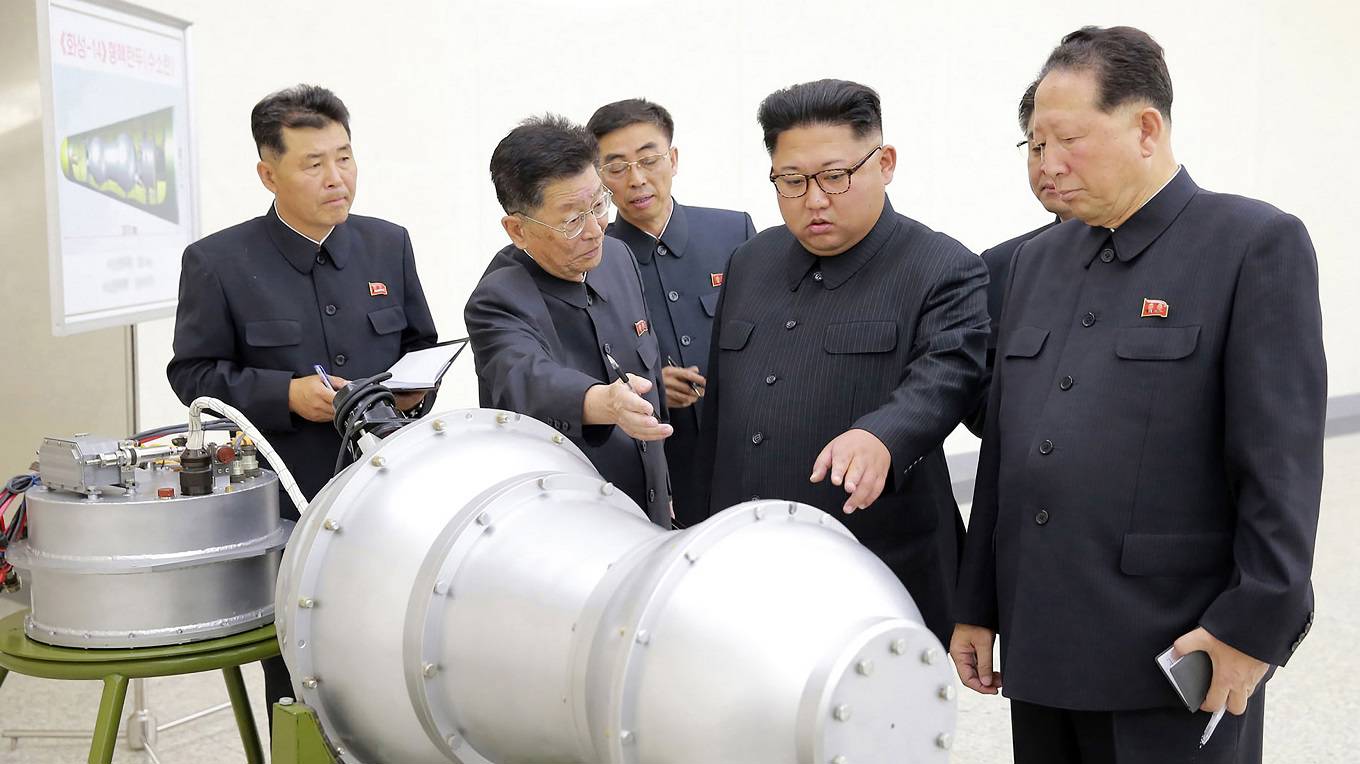MARTIN FELDSTEIN
Now that it has risen to the top of the global economy, China must adopt the necessary reforms to become fully compliant with the international rules that it accepted upon joining the World Trade Organization in 2001. Its current policy will only lead to a serious trade conflict with the US. I am a great admirer of China and its ability to adjust its economic policies to maintain rapid growth. But now that it has risen to the top of the global economy, it must adopt the necessary reforms to become fully compliant with the international rules that it accepted upon joining the World Trade Organization in 2001.
When I first went to China in 1982, it was a very poor country governed by a thoroughly communist regime. Agriculture was completely collectivized. Because peasants had lost the right to farm their own land, agricultural output was extremely low. Beyond agriculture, individual ownership of the means of production was outlawed. A Chinese family could own a sewing machine for its own use, but it could not own two sewing machines or hire a neighbor to help produce garments.1
Under the leadership of Deng Xiaoping, this began to change. Plots of land were returned to their previous owners, who were allowed to keep any output exceeding the government’s mandatory quota. As a result, agricultural output soared, and farmers produced a range of additional crops, like flowers and vegetables, to sell directly to the public. Restrictions on ownership of productive assets and on hiring workers were gradually relaxed, such that the private sector now accounts for the majority of economic activity in China.
The result was an explosion of economic growth and a rapid increase in living standards. Since 1982, China’s real (inflation-adjusted) GDP has grown at an average annual rate of more than 7%. Per capita real GDP is now 18 times higher, with some 800 million people having been lifted out of poverty since the start of Deng’s reforms. Although overall per capita output in China is still only a quarter of the US level, the standard of living in China’s major cities is impressively high. To see the gleaming skyscrapers and array of shops serving affluent young people is to appreciate the change that has occurred in just a few decades.
Deng once declared, “To get rich is glorious.” China’s people have responded. Private entities flourish, and a very active stock market allows widespread share ownership. China apparently has more self-made billionaires than the United States.
The combination of private incentives and effective education is a key reason for China’s rapid growth. China has an ancient tradition of promoting the brightest students based on extensive examinations. The officials who worked for the emperors were selected based on written exams of Confucian thought. Now literacy is universal and national examinations are used to decide who goes to the top universities. More than a million Chinese students have studied in the US, and several of the top government economic officials have done graduate work there. 

Apr 23, 2018 BRAHMA CHELLANEYurges the Trump administration to broaden the focus of its approach to take in more than denuclearization. 2Add to Bookmarks
In many ways, the Chinese economy now works like a large American multinational corporation. Broad strategy is set by management at the top: growth targets, the structural shift from heavy industry to consumption, the Belt and Road Initiative (which will guide exports and foreign aid), and so on. Individual managers are tried out in regional cities and promoted based on their success in achieving the goals set by national leaders.
The goals set by President Xi Jinping and the current government are to increase the sophistication of the economy and achieve a middle-class standard of living for the population. To succeed, China is investing large sums in research and technical education.
But in their eagerness to catch up to the West, China has also stolen technology from Western companies. Under President Barack Obama, the US accused China of engaging in cyber espionage against American firms and stealing their intellectual property. Presidents Xi and Obama subsequently signed a communiqué in 2013 renouncing such cyber theft.
But China continues to take technology from US companies. It does so by requiring foreign companies that want to do business in China to form joint ventures with Chinese firms, allowing the Chinese partners to obtain US firms’ technology. And while the WTO prohibits member countries from conditioning market access on such mandatory technology transfers, the Chinese have responded that nothing is mandatory, because companies do not have to do business in China.
That is clearly disingenuous, and the announcement of large US tariffs on Chinese exports is intended to encourage China to comply with the WTO rule on technology transfer. The Chinese may be getting the message. In an important recent speech at this year’s Boao Forum, Xi said that China will no longer require such joint ventures in the auto industry – an implicit admission that the requirement is a violation of the WTO rule.
It is time for China to extend this new policy and eliminate the joint-venture requirement completely. Although the US does not have such a requirement, it would be helpful for both countries to state openly that in the future no foreign company will be required to enter a joint venture or to transfer technology in other ways as a condition of doing business.
China can continue its rapid growth and technological development through its own efforts. Its current policy will only lead to a serious trade conflict.
No comments:
Post a Comment